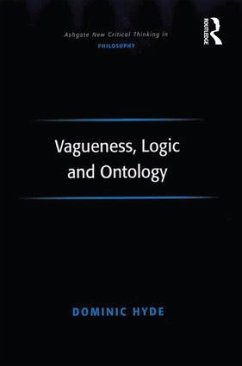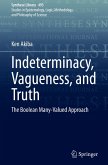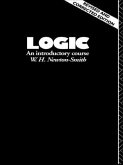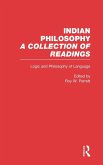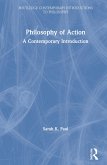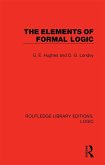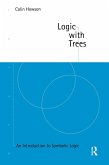The topic of vagueness re-emerged in the twentieth century from relative obscurity. It deals with the phenomenon in natural language that manifests itself in apparent semantic indeterminacy - the indeterminacy, for example, that arises when asked to draw the line between the tall and non-tall, or the drunk and the sober. An associated paradox emphasises the challenging nature of the phenomenon, presenting one of the most resilient paradoxes of logic. The apparent threat posed for orthodox theories of the semantics and logic of natural language has become the focus of intense philosophical scrutiny amongst philosophers and non-philosophers alike. Vagueness, Logic and Ontology explores various responses to the philosophical problems generated by vagueness and its associated paradox - the sorites paradox. Hyde argues that the theoretical space in which vagueness is sometimes ontologically grounded and modelled by a truth-functional logic affords a coherent response to the problems posed by vagueness. Showing how the concept of vagueness can be applied to the world, Hyde's ontological account proposes a substantial revision of orthodox semantics, metaphysics and logic. This book will be of particular interest to readers in philosophy, linguistics, cognitive science and geographic information systems.
Hinweis: Dieser Artikel kann nur an eine deutsche Lieferadresse ausgeliefert werden.
Hinweis: Dieser Artikel kann nur an eine deutsche Lieferadresse ausgeliefert werden.

